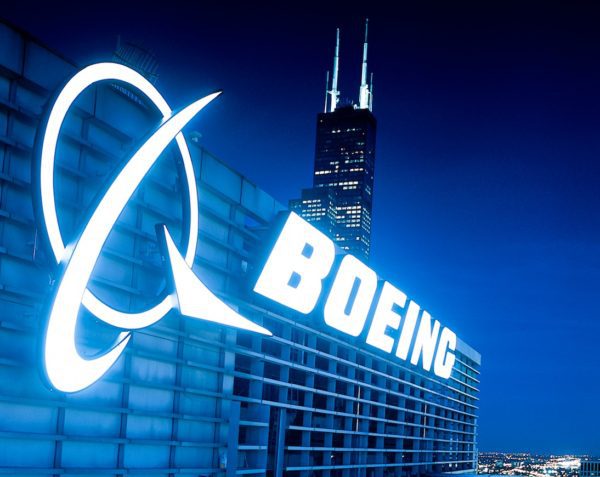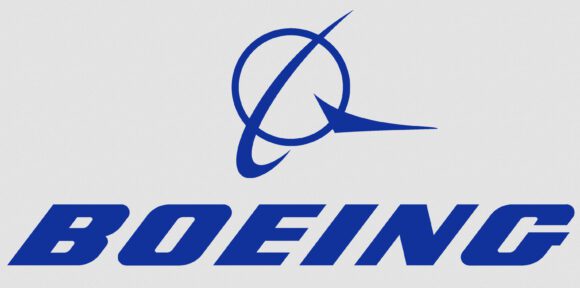
boeing buildingjpg e1560881048343
News:
Last week, news broke that Boeing might be fined $1.25 million due to the company’s managers putting undue pressure on employees exercising their Designated Authority roles with the FAA at the Charleston 787 assembly facility. Those employees have a dual reporting relationship and provide the quality control inspections for the FAA to approve airplanes before they ship.
The Seattle Times reported on an FAA charging letter that indicated that four senior Boeing managers in Charleston were “pressuring,” “harassing.” and “berating the performance of” employees designated to represent the FAA and perform independent inspections. Those employees include the Vice President of 787 operations, the Senior Quality Manager, and the Director of Delivery, none of whom should have been directly involved with the Designated Authority holders.
This one again brings into focus the weaknesses in the Organizational Designation Authority process, which reared its head in the 737 MAX certification process review. In that instance, undue pressure was allegedly also a factor in the approval of the flawed systems that resulted in 346 deaths in two crashes.
Subscriber content – Sign in Monthly Subscription Annual Subscription




